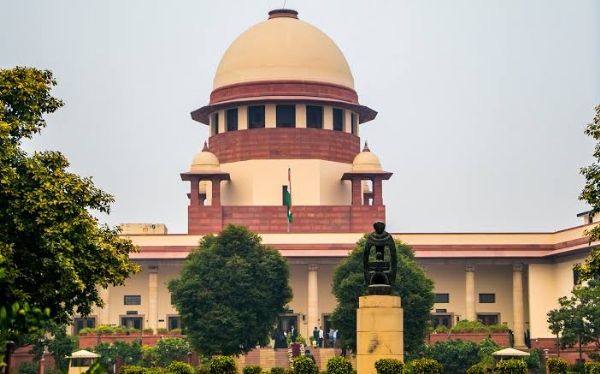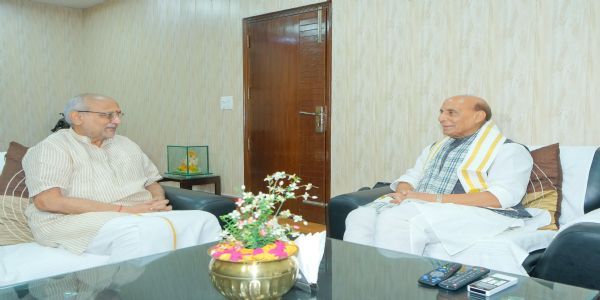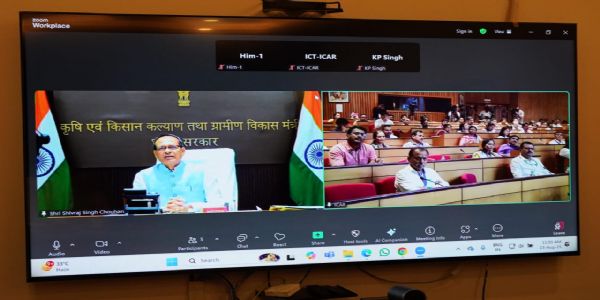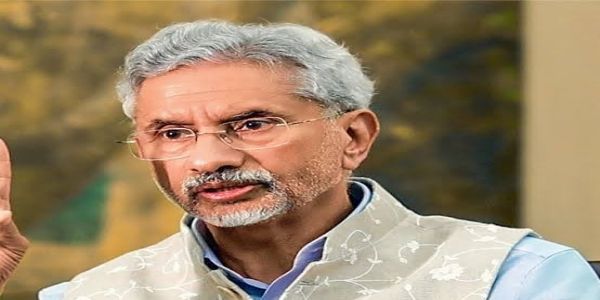
New Delhi, August 19: The Supreme Court on Tuesday
commenced hearing a Presidential Reference that seeks constitutional clarity on the powers of the President and state Governors under Article 200 when presented with bills passed by state legislatures.
A five-judge Constitution Bench, headed by Chief Justice D.Y. Chandrachud and comprising Justices Surya Kant, Vikram Nath, A.S. Chandurkar, and P.S. Narasimha, began examining the 14 constitutional questions raised by President Droupadi Murmu under Article 143(1).
During proceedings, the Bench asked Attorney General R. Venkataramani: “If a Governor keeps a bill pending for years, what constitutional safeguard exists? If assuming deemed assent is incorrect, then what alternative do we have?”
The Attorney General argued that even in such cases, the judiciary cannot step into the Governor’s role and declare assent. “The court cannot take over the constitutional functions of a Governor,” he stressed.
The CJI observed that in several instances Governors had failed to act despite court directions, while Justice Narasimha noted that past rulings may have been aimed only at tackling “extraordinary deadlocks.” The AG, however, countered that such rulings have since become precedents, underscoring the need for definitive constitutional interpretation.
This Presidential Reference follows the Supreme Court’s recent ruling on the Tamil Nadu Governor, where the court held that Governors must clear bills within a stipulated time. The judgment, delivered by a Bench led by Justice J.B. Pardiwala, mandated decisions within one month when a bill is sent to the Governor, and within three months if forwarded to the President. For bills repassed by the state legislature, the time limit was again capped at one month.
The issue is considered critical as it directly shapes the limits of gubernatorial discretion and balances Centre–State relations in India’s federal polity.
The Supreme Court will continue hearing the matter on August 20.
Hindusthan Samachar / Jun Sarkar








